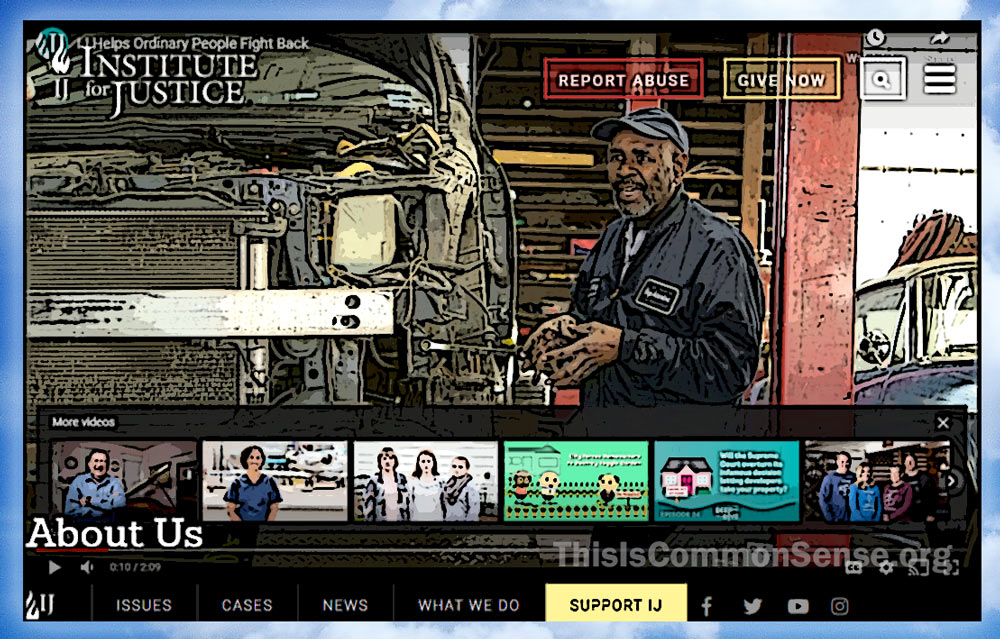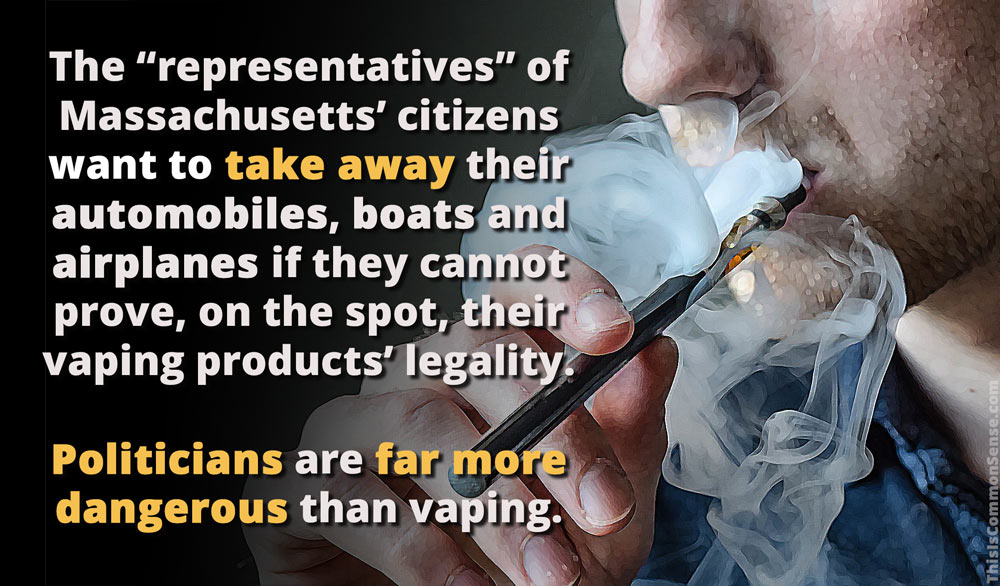Can we trust the FBI to stick to the rule of law and defend our rights?
Yesterday I more than suggested that the answer is “No.”
Adding more fuel to this negative judgment, last week Eric Boehm at Reason told the tale of a Federal Bureau of Investigation raid upon safe deposits.
“The FBI told a federal magistrate judge that it intended to open hundreds of safe deposit boxes seized during a March 2021 raid in order to inventory the items inside,” Boehm writes, “but new evidence shows that federal agents were plotting all along to use the operation as an opportunity to forfeit cash and other valuables.”
When asked why he robbed banks, Willie Sutton’s response, reportedly, was “that’s where the money is!” He actually didn’t say it, but FBI personnel understand the operative principle all too well … regarding safety deposit boxes.
Convictions? Hah!
They seize property on an expected-revenue-based rationale.
Since “details regarding the planning and execution of the FBI’s raid of U.S. Private Vaults arenow out in the open,” Boehm goes on to explain, it looks like the FBI has to say bye-bye to “more than $86 million in cash as well as gold, jewelry, and other valuables from property owners who were suspected of no crimes.”
The plot’s been foiled, it appears, but will the culprits within the FBI be prosecuted?
Seems unlikely.
Truth is, the culture at the FBI has never been good. Barring defunding (which would be politically difficult) perhaps FBI agents should be restricted to just investigation, stripped of their weaponry, forced to rely on state and local lawmen — and perhaps the U.S. Marshals — to make any searches and arrests at all.
This is Common Sense. I’m Paul Jacob.
—
See all recent commentary
(simplified and organized)
Illustration assist from DALL‑E







